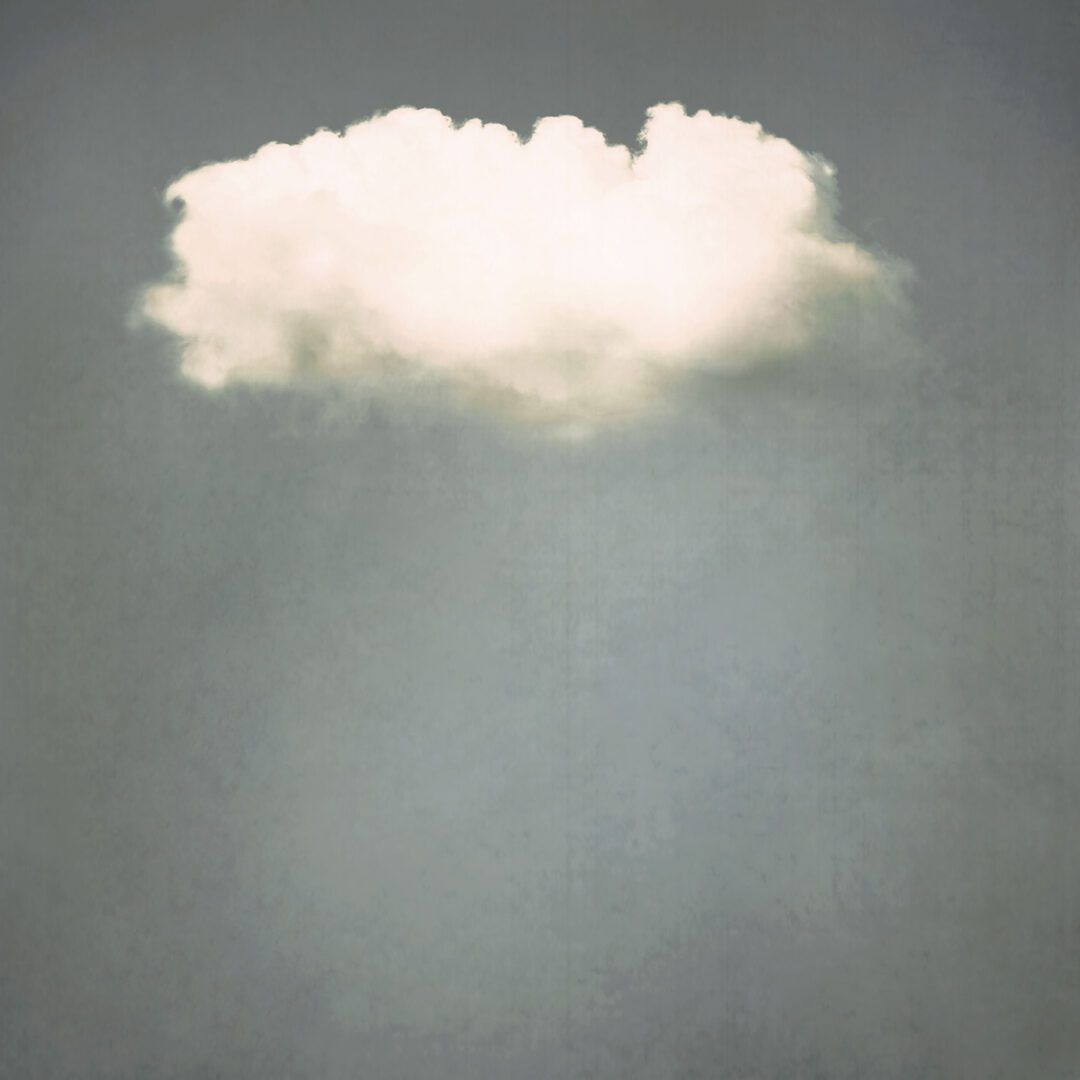
What can we learn from the plagues?
How do we make the most of these interesting times that we live in?
‘Interesting’ because the assumptions many of us have made about what is normal have been overwhelmed by reality. The dissonance between what we thought we knew and what we are experiencing is forcing us to adjust our mental models and behaviour at breakneck speed. EvenAIalgorithms are confused.
A core assumption which finds itself in the spotlight is the priority we give in our culture to individual freedom and individual rights. The great libertarian dream places the freedom of the individual at the centre of the moral code that binds our society together. It shares this focus with its cousin, liberalism.
But when the air I exhale carries an infection that can end your life, it is difficult to avoid the understanding that everything (and every person) is truly connected. My field of view expands and broadens.
It is not just COVID that is emblazoning this lesson on the collective psyche.
The early summer bushfires in Australia told us something uncomfortable about how collective action (or inaction) on a global scale can visit great distress on particular families and communities.
The #blacklivesmatter movement invites a related reflection on how and why George Floyd’s plea “I can’t breathe” resonated across times, cultures and locations. What was true individually for Mr Floyd perhaps revealed a broader pattern of the systemic use and abuse of power that has been invisible to many of us who gain from it.
But back to COVID.
The clash between the inherited priority given to the individual and the visible reality of shared impact is playing out in technicolour on social and mainstream media in debates about face masks and other COVID restrictions.
At one extreme are those who contend that mandating face masks offends their sovereignty as individuals. This view is perhaps best personified by the Bunnings customer – “It is my right as a living woman to do whatever I want…” And at the other extreme we have the equal and opposite reaction – the naming and shaming of those asserting their individual rights (now termed “Covidiots“) by those who are more compliant.
Cancel culture has arrived and swiftly brought an end to the experiment of tolerance as a cornerstone moral principle for our society. Those deemed to have views or behaviours inconsistent with the horde are efficiently marginalised.
So, what can we learn in the stretch and discomfort? Plenty. But let me pick a couple of ideas.
The ancient wisdom of the Hebrew book of Proverbs has been summed up by Bruce Waltke as
“The righteous (saddiq) are willing to disadvantage themselves to advantage the community; the wicked are willing to disadvantage the community to advantage themselves.”
Ancient, but strangely resonant in our moment.
Maybe we can seize an opportunity to engage in fresh dialogue about how we hold a healthy tension between individual and community.
- If we are to recalibrate, we will need to invest in collective institutions that many have taken for granted for some time. Interestingly, multiple studies are reporting that many families feelcloseras a result of the simpler life that COVID has demanded of many of us.
- We may decide it is helpful to devise new measures of collective success as a society that are more nuanced than aggregated economic output.
As we wrestle with what is increasingly appearing to be a rich opportunity to learn from reality, adjustments are going to come easier to some than to others. One valuable lesson to embrace is to offer one another room to navigate this change with compassion.
I am, you are, we are Australian.
